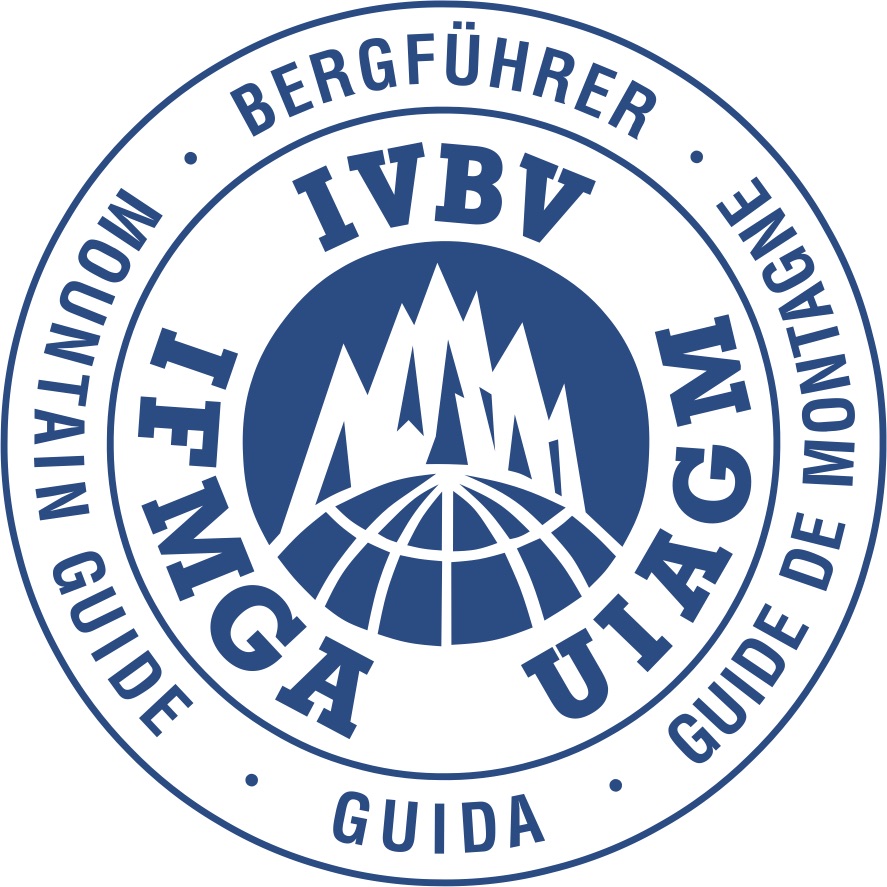Avalanche education is a young industry in the United States and there are very few safeguards in place to make sure you take a course from experienced professional. The best way to make sure you are getting good value on your course is to seek programs taught by ski guides certified by the AMGA.
When venturing into the world of backcountry skiing and snowboarding, safety should always be a top priority. The allure of untouched powder, serene landscapes, and the thrill of carving your own path can be irresistible, but the risks associated with avalanche-prone terrain are very real. That’s where the American Institute for Avalanche Research and Education (AIARE) courses come into play. While AIARE courses provide valuable knowledge and skills for navigating avalanche terrain, there’s one key ingredient that can make your experience significantly better: a certified ski guide. In this blog post, we’ll explore why an AIARE course in avalanche education is better with a certified ski guide by your side.
- Expertise in Avalanche Terrain Assessment: Certified ski guides possess an in-depth understanding of avalanche terrain. They are trained to assess snowpack stability, identify potential avalanche hazards, and make informed decisions about where to travel in the backcountry. This knowledge is invaluable during an AIARE course in avalanche education, as it ensures that you learn from someone who can accurately evaluate the risks and guide you to make safe choices.
- Real-World Experience: A certified ski guide doesn’t just have theoretical knowledge; they have hands-on experience in the field. They’ve spent countless hours in avalanche-prone environments, honing their skills, and developing an instinct for when conditions are safe or hazardous. Their real-world stories and experiences add depth and context to the course material in avalanche education, making it more relatable and practical for students.
- Effective Risk Management: Managing risk is a fundamental aspect of backcountry skiing and AIARE courses in avalanche education. A certified ski guide excels in risk assessment and management, teaching you how to make informed decisions in the face of uncertainty. They provide valuable insights into when to ski or snowboard and when to stay back, ensuring your safety remains the top priority.
- Customized Learning Experience: Certified ski guides have the ability to tailor their guidance to your specific needs in avalanche education. They can assess your current skill level, adapt the course content accordingly, and provide personalized feedback to help you improve. This individualized approach ensures that you get the most out of your AIARE course in avalanche education.
- Navigation and Route Planning: Navigating through the backcountry and planning routes that minimize avalanche risk can be complex. Certified ski guides are experts in this regard, teaching you how to read terrain, make route-finding decisions, and navigate safely. Their guidance empowers you with the skills necessary to plan your own adventures confidently, essential elements of avalanche education.
- Emergency Response Training: Accidents can happen even with the best precautions. Certified ski guides are trained in emergency response, including avalanche rescue techniques. Learning from them equips you with the knowledge and skills needed to react swiftly and effectively in a crisis, potentially saving lives during your avalanche education.
- Certification and Accreditation: AIARE courses led by certified ski guides often come with a higher level of credibility in the realm of avalanche education. Their certifications and accreditations reflect their commitment to safety and their dedication to upholding industry standards. Completing a course under their guidance can enhance your own credibility within the backcountry skiing community and further your avalanche education.
Overall, enrolling in an AIARE course with a certified ski guide as your instructor is a wise decision for anyone serious about backcountry skiing and snowboarding, especially when it comes to avalanche education. Their expertise, real-world experience, and commitment to safety make the learning experience not only more comprehensive but also safer. By choosing to learn from the best in the field of avalanche education, you’ll be better prepared to enjoy the breathtaking backcountry while minimizing the risks associated with it.

